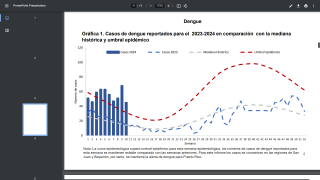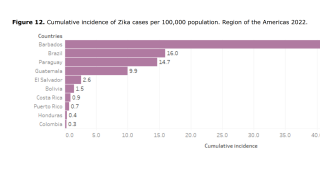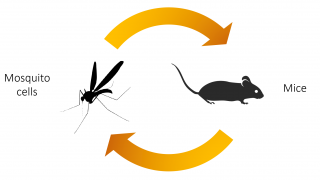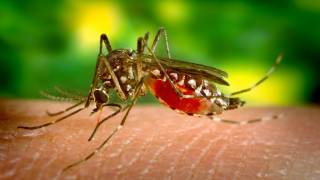Zika Vaccine Candidate Granted FDA Fast Track Status

A Massachusetts based biotechnology company announced that the U.S. Food and Drug Administration (FDA) has granted Fast Track designation for its investigational Zika vaccine mRNA-1893.
The mRNA-1893 vaccine candidate is currently being evaluated in a Phase 1 study for the prevention of Zika virus infection in healthy adults.
This is important news since there is not a preventive Zika vaccine available today. And, travel-related Zika virus cases have been reported in the states of California, Florida, Idaho, Nebraska, New York, and Utah during 2019.
The mRNA-1893 vaccine contains an mRNA sequence encoding for the structural proteins of the Zika virus and is designed to cause cells to secrete virus-like particles, mimicking the response of the cell after natural infection.
In a July 1, 2019, Journal of Infectious Disease publication, researchers discussed the findings from a pre-clinical study, which evaluated lipid-encapsulated mRNA vaccines and a DNA plasmid vaccine encoding the prM-E genes of Zika in mouse models of congenital infection.
Although the DNA vaccine provided comparable efficacy against vertical transmission of ZIKV, the mRNA vaccines, including one that minimizes antibody-dependent enhancement of infection, was found to elicit higher levels of antigen-specific long-lived plasma cells and memory B cells.
Despite the induction of robust neutralizing antibody titers by all vaccines, breakthrough seeding of the placenta and fetal head was observed in a small subset of type I interferon signaling deficient immunocompromised dams.
In comparison, evaluation of one of the mRNA vaccines in a human STAT2-knock-in transgenic immunocompetent mouse showed ‘complete protection against congenital Zika transmission.’
“Fast Track designation supports our belief in the clinical potential of mRNA-1893 and the importance of developing an effective vaccine that can be rapidly developed and deployed,” said Tal Zaks, M.D., Ph.D., chief medical officer at Moderna.
Recent Zika vaccine news
Zika virus has rapidly emerged in recent years as a pandemic with potential long-term public health implications. Zika is primarily transmitted by mosquitos, but can also be transmitted sexually, says the Centers for Disease Control and Prevention (CDC).
Children born to mothers infected with Zika can develop microcephaly, a severe disease characterized by small, not fully developed heads and severe disabilities.
In adults, outbreaks in Latin American and Caribbean countries have been associated with Guillain-Barre syndrome, a rare but serious autoimmune disorder in which the immune system attacks part of the nervous system.
This project has been funded in whole or in part with Federal funds from the Department of Health and Human Services; Office of the Assistant Secretary for Preparedness and Response; Biomedical Advanced Research and Development Authority, under Contract No. HHSO100201600029C.
Moderna is developing therapeutics and vaccines for infectious diseases, immuno-oncology, rare diseases, and cardiovascular diseases, independently and with strategic collaborators. Moderna currently has 21 mRNA development candidates in its portfolio with 13 in clinical studies.
Our Trust Standards: Medical Advisory Committee

























